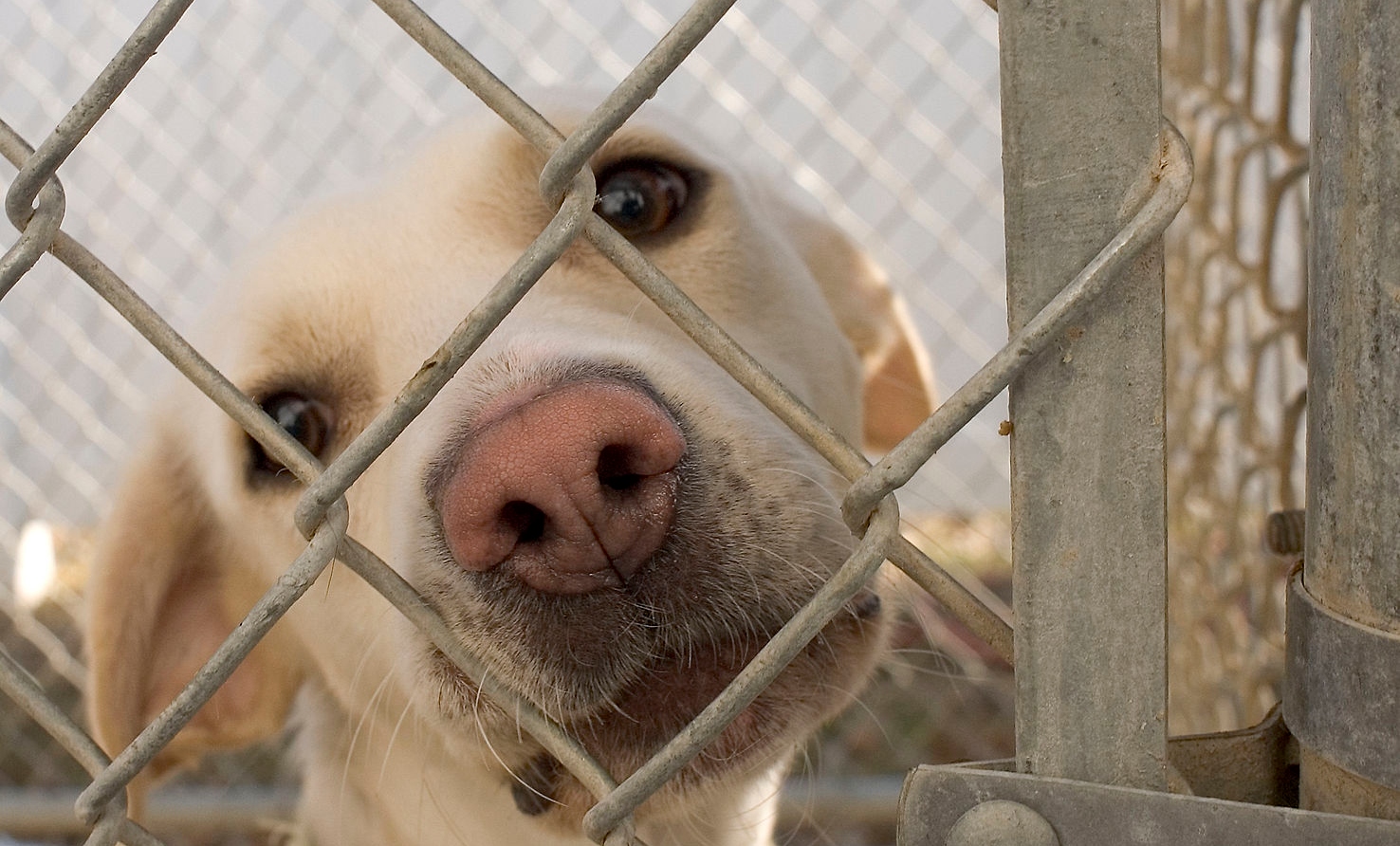
Redfern station unfairly targeted according to residents
Police are using sniffer dogs to search Redfern commuters at a rate 6.5 times higher than other similar stations, but these searches are less likely to find drugs, according to figures recently obtained by the Greens. In a community historically marred by tensions between the residents and police, this statistics are being seen by many as further evidence of discriminatory policing.
David Porter, a solicitor from the Redfern Legal Centre, said there was clearly a bias.
“Redfern is disproportionately targeted, but from the evidence, it is hard to see why,” he said.
“It doesn’t have a higher strike rate. It doesn’t have the higher passenger numbers. The evidence does not explain the way the program is run in Redfern – if you’re not using evidence to inform your decisions, you’re probably using prejudice.”
This is not the first time concerns have been raised over the potential of sniffer dogs to enable biased policing. In 2011, researchers at the University of California at Davis showed that a sniffer dog’s accuracy in detecting drugs is undermined by their handler’s behaviour.
The dogs pick up unconscious cues of their handlers, such as when a police officer stares at a particular person, leads a dog to a particular location, or encourages dogs to display unusual interest in a specific location.
The potential for this type of bias is especially troubling in Redfern, an area with a high Indigenous and youth population, and may partly explain why sniffer dogs have proven so ineffective in identifying people carrying drugs.
Last year, of the 1,064 searches conducted in Redfern, no drugs were found in 770 cases. Previous state-wide figures have shown the number of false identifications to be as high as 80%, or four in every five people searched.
Jenny Leong, the Greens candidate for Newtown, spoke at a public forum on sniffer dogs held in Redfern last week.
“Sydney’s aboriginal community has consistently faced the brunt of over-policing and disproportionate law and order agendas,” she said
“It’s also an area with a high proportion of young people and students and a station used by many who live in nearby public and community housing – all of which are more likely to struggle to find the resources available to fight such harassment and intimidation.”
Leong’s concerns are mirrored across the Redfern community, who are growing increasingly critical of the use of sniffer dogs at their station.
“For the most part I’m invisible to police dogs when I’m on the way to work and in a business suit” Nick, a local resident, told City Hub, “but I end up feeling indignant and a little helpless when I see a dog stop in front of someone and five cops converge on that person.”
Responding to the criticism, the NSW police told City Hub they had no plans to discontinue the use of sniffer dogs.
“If our operations prevent just one person from putting their life at risk, then they are succeeding” a Police spokesperson said.
“The reality is that the presence of our drug dogs has a strong deterrence factor.”
It is unclear whether the NSW Police will be taking steps to address the broader concerns of targeting and discrimination at Redfern station. However, Leong has announced her plans to put forward legislation that would end the use of sniffer dogs in NSW, if elected in the upcoming state election.









